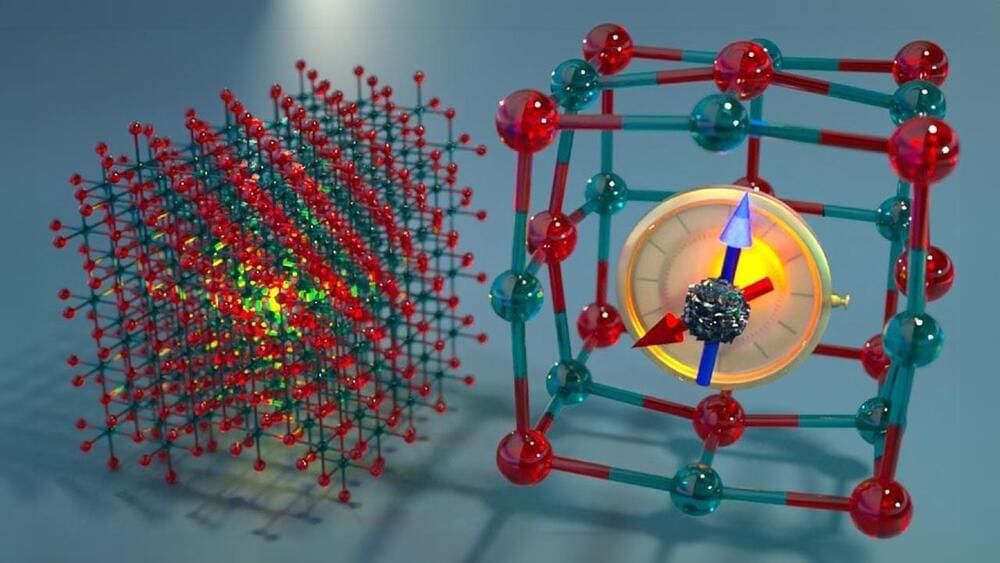Researchers discovered that bismuth atoms embedded in calcium oxide can function as qubits for quantum computers, providing a low-noise, durable, and inexpensive alternative to current materials. This groundbreaking study highlights its potential to transform quantum computing and telecommunications.
Calcium oxide is an inexpensive, chalky chemical compound frequently used in the manufacturing of cement, plaster, paper, and steel. However, the common material may soon have a more high-tech application.
Scientists used theoretical and computational approaches to discover how tiny, lone atoms of bismuth embedded within solid calcium oxide can act as qubits — the building blocks of quantum computers and quantum communication devices. These qubits were described by University of Chicago Pritzker School of Molecular Engineering researchers and their collaborator in Sweden on June 6 in the scientific journal Nature Communications.










Comments are closed.